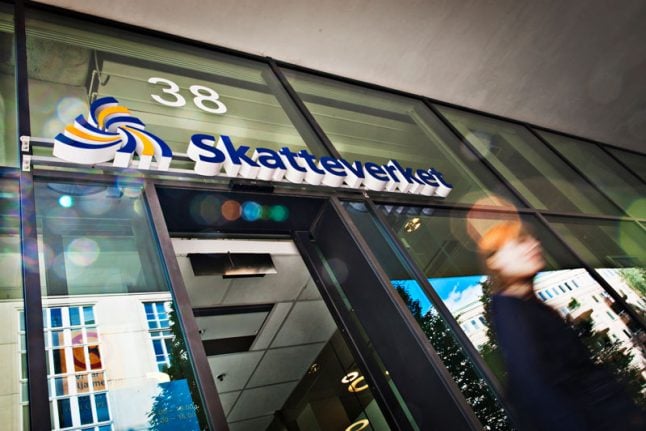TAXES
Sweden remains the EU’s fourth most taxed country
Sweden had the fourth highest tax-to-GDP ratio in the European Union last year, according to new figures released by Eurostat on Wednesday.
Published: 28 November 2018 16:56 CET

File photo: Kenny Bengtsson SvD/TT
Tax revenue in Sweden accounted for 44.9 percent of its gross domestic product, well above the EU average of 40.2 percent.
France was the EU country with the highest tax-to-GDP ratio at 48.4 percent, followed by Belgium (47.3) and Denmark (46.5). At the other end of the spectrum was Ireland, where the ratio was at 23.5 percent.
Tax revenue increased across the board in the EU in 2017, inching up from 39.9 to 40.2 percent. Sweden was no exception, although it increase was an even smaller 0.1 percent.
Sweden led the EU in the share of taxes on production and imports, which accounted for 22.7 percent of GDP. It also had the second highest taxes on individual or household income at 15.8 percent. Only neighbouring Denmark was higher, at 25.4 percent.
Sweden's position as the fourth most taxed EU nation was the same as in last year's Eurostat report.
Url copied to clipboard!


 Please whitelist us to continue reading.
Please whitelist us to continue reading.
Member comments